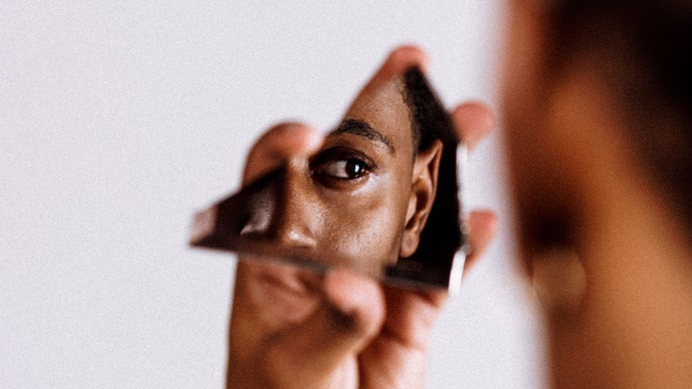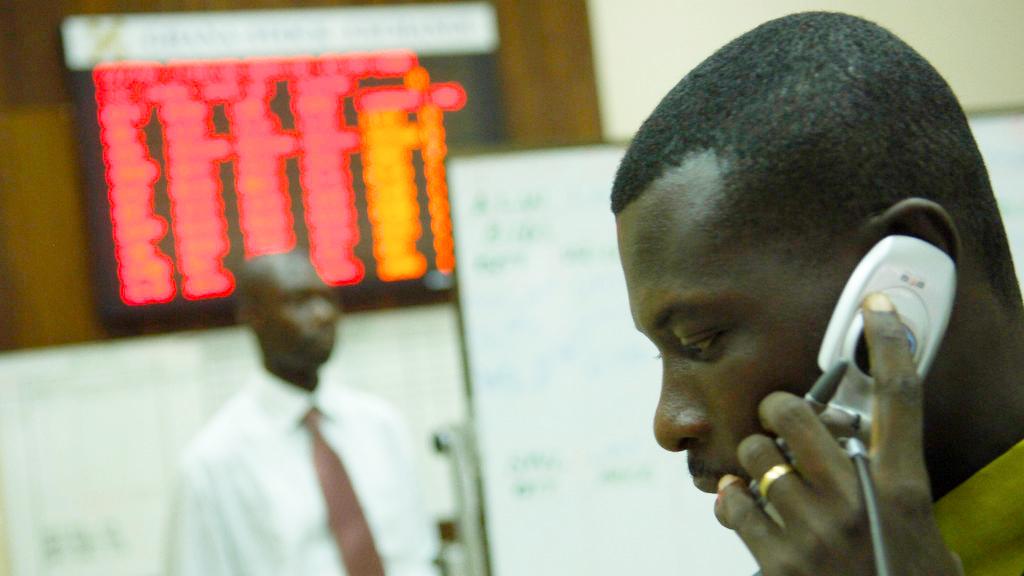Around the world, sport activism has proven an effective strategy for calling attention to inequalities, including sexism, racism and homophobia. In Ghana, where women’s footballers are sometimes identified as lesbians, and consequently harassed, collective organising through the sport can help call attention to homophobia and sexism in the broader culture. Alongside feminist and LGBTQI groups, this activism has the potential to recruit a broader coalition (football fans) into the liberation project.
In 2016, following the African Women’s Cup of Nations in Cameroon, Ghana’s senior women’s team coach warned players against ‘lesbianism’, which, he said, ‘happens across the globe in women’s football … is a big problem and very worrying.’ Elsewhere, newspaper headlines proclaim: ‘Nigerian soccer official blames lesbianism for decline of women’s team’ and ‘Lesbian footballer banned from every club in Cameroon’.
Assumptions that players are sexual dissidents, whose sexual orientation harms the sport, demonstrate how homophobia and sexism animate Ghanaian women’s football. These headlines and the Ghanaian coach’s claim highlight a troubling conjunction between women’s football and lesbian sexuality on the African continent. This conjunction shines a light on how homophobia and sexism shape the sporting landscape for Ghanaian sportswomen who proudly represent their country as athletes.
The homophobia and sexism that Ghanaian women footballers experience is a microcosm of a broader cultural context in which gender expansive, transmasculine women, and queer people more generally, exist under oppressive conditions. Put another way, the grave social, economic and physical consequences that women identified as lesbian footballers face reflect a broader dangerous terrain that gender and sexual nonconforming Ghanaians navigate. In Ghana’s homophobic political and cultural climate, religious leaders have threatened spiritual warfare against queers, government officials refuse to listen to interest groups or provide protections, and queers fear open harassment on the streets.
The position that women footballers perceived as lesbians occupy magnifies the rhetorical and material denouncement of queer gender and sexuality. Their acceptance as footballers and derision as lesbians affirms the heteropatriarchal state and reproduces the body politic as heteronormative. The ways that women footballers experience gender and sexual harassment reveal both their conditional inclusion as well as the outright rejection of lesbian, gay, bisexual, transgender, queer and intersex (LGBTQI) people into a body politic constructed and sustained through heterosexual patriarchy.
When they are perceived as lesbians, women footballers (like others perceived to be LGBTQI) can expect to face physical, sexual and emotional violence. A 2018 Human Rights Watch report from Ghana highlighted the police harassment of three women footballers, which described how police made arrests on suspicion that they were lesbians. Following their arrest, officials expelled the players from the team, their families kicked them out of their homes and the women experienced bouts of homelessness and unemployment. The story illustrates the severe consequences of an implicit connection in Ghana between lesbian sexuality and women’s football.
LGBTQI organising in Ghana
Explicit LGBTQI organising remains difficult in Ghana’s homophobic cultural context. In March 2020, Christian groups, supported by government officials, disrupted Pan-African ILGA’s (International Lesbian, Gay, Bisexual and Trans and Intersex Association) attempts to host a conference in Accra. To date there has not been a widely publicised LGBTQI activist gathering in the country. Yet homophobic organisations such as the World Congress of Families and the Ghanaian based National Coalition for Proper Human Sexual Rights and Family Values receive prominent platforms and government support to host their own events.
Activist organisations such as the Centre for Popular Education and Human Rights, Ghana (CEPEHRG), Solace Initiative, Drama Queens and the newly formed LGBT+ Rights, Ghana have, however, made important strides in this confining landscape. With the exception of Drama Queens, which organises via decidedly feminist frames, the bulk of activist efforts focus on gay men. As a consequence, the particular forms of patriarchal violence that lesbians and bisexual women face remains marginalised in Ghanaian LGBTQI organising.
LGBTQI activism through sport
In a book chapter published in The Routledge Handbook of Queer African Studies, I write about how, in Ghana, the question ‘are you a footballer?’ surveils women perceived to transgress accepted norms of heterosexual femininity. Conversations with transmasculine and gender expansive people assigned female at birth revealed how, depending on who asks, the question might put interlocutors at risk of homophobic violence. At other times, the question seemed to excuse a perceived transgression of gender by inserting those women who would not conform into a legible role within the body politic – as footballers. Findings from my research are confirmed in Human Rights Watch reports on homophobia from around the continent. Reports from Ghana (2018), Kenya (2015), South Africa (2011) and Cameroon (2010) have shown how women identified as lesbian footballers experience heightened instances of physical, sexual and emotional violence, workplace discrimination and ejection from their homes.
Engaging LGBTQI activism through sport, specifically women’s football, may prove to be an effective avenue for addressing the twin processes of sexism and homophobia, which oppress women and queer Ghanaians. Sport activism has been shown to bring a wide range of social issues effectively to public attention, including racism, sexism and homophobia. The popularity of football, which is a vehicle for overcoming differences, learning about new cultures and sharing in the simple pleasures that sport bring can engender a popular broad-based intervention into homophobia and sexism in Ghana.
At the 2018 African Women’s Cup of Nations hosted in Accra and Cape Coast (Ghana), the opening ceremony advanced a particular narrative of what the announcer described as ‘the spirit of African womanhood’ – an ‘indomitable, unwavering, unbreakable spirit that has been the backbone of the continent.’ The footballers, it seemed, were shining exemplars of African women, who strive in perpetuity to ‘break the glass ceiling’ and help create a new African paradigm. Although this narrative discounted the sexual and gender diversity of players and fans alike, the announcement also demonstrated how stories told within and about the sport could help create a different set of material conditions for women, gender expansive and LGBTQ Ghanaians.
Photo: Jeffrey F Lin on Unsplash





